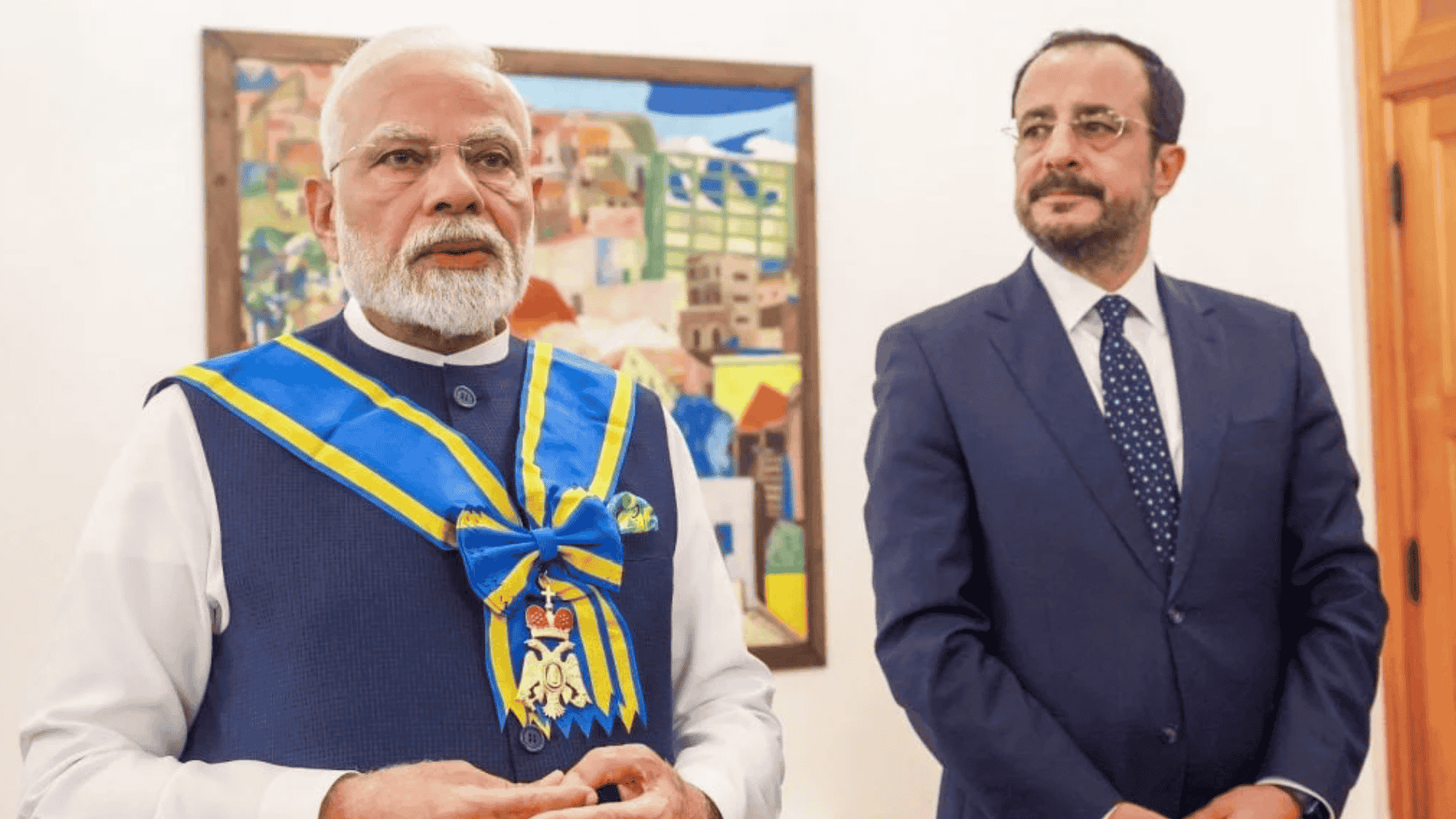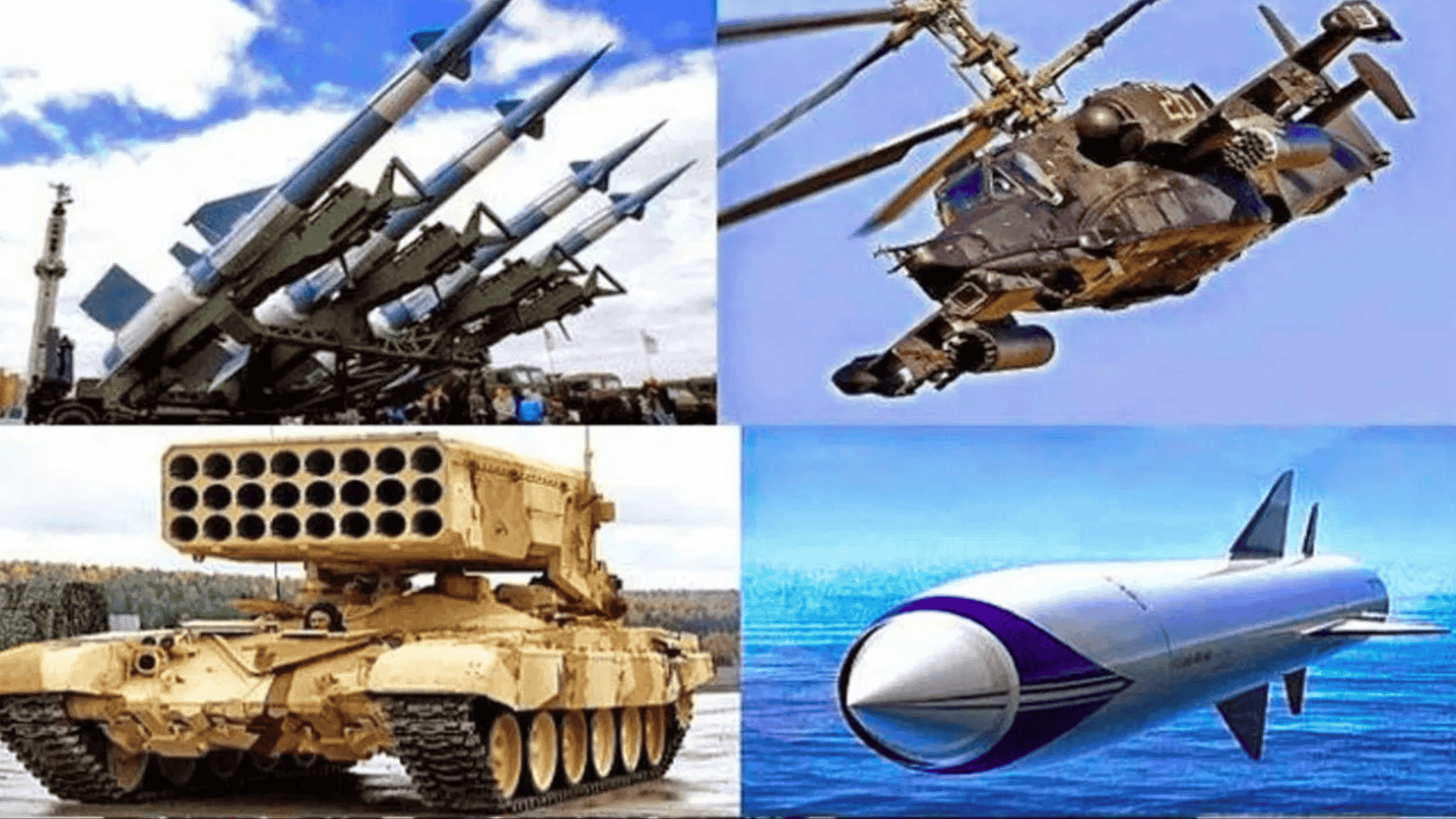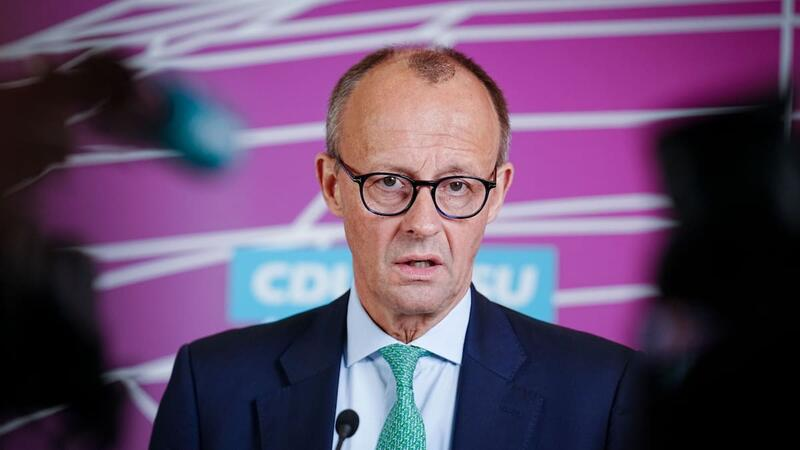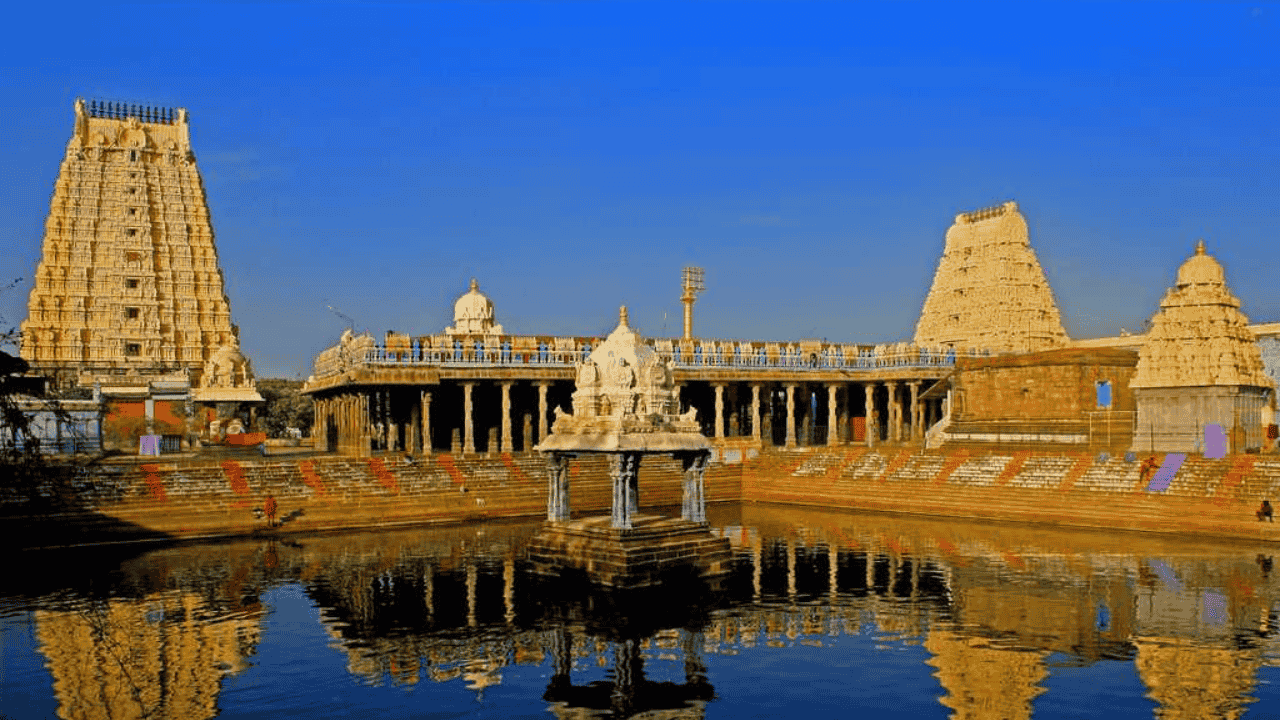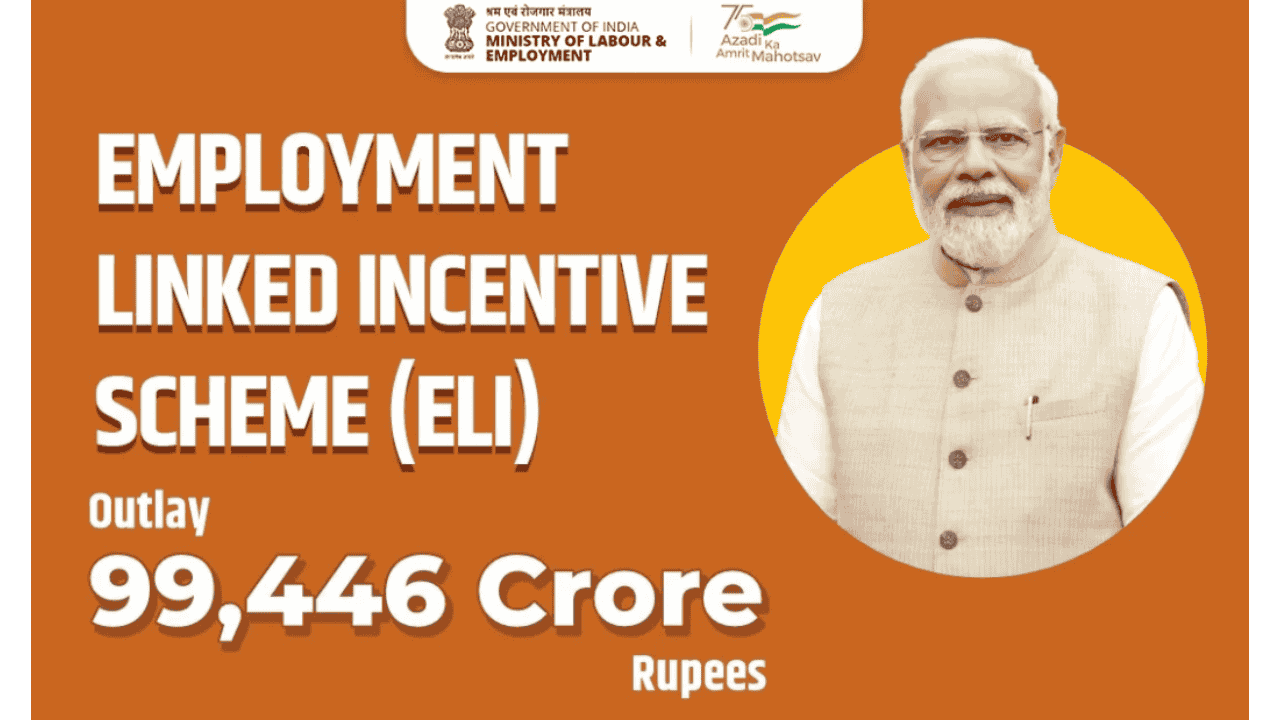PM Modi Receives Cyprus’s Highest Honour
Prime Minister Narendra Modi’s recent visit to Cyprus (15-16 June, 2025) was a significant diplomatic achievement. Cyprus President Nikos Christodoulides conferred upon PM Modi Cyprus’s highest civilian honour, the ‘Grand Cross of the Order of Makarios III’. This honour is awarded for exceptional service in international relations.
While receiving the honour, PM Modi said, “I dedicate this honour to the friendly ties between India and Cyprus, our shared values, and mutual understanding.” He reiterated India’s commitment to peace, security, sovereignty, territorial integrity, and prosperity.
India’s Strategic Stance on the ‘Cyprus Question’
This visit was also important regarding the ‘Cyprus Question’—the territorial dispute that has divided the island since 1974. In a joint statement, India reiterated its “unwavering and consistent support for the independence, sovereignty, territorial integrity, and unity of the Republic of Cyprus.”
Key Points of India’s Position:
Support for a comprehensive and lasting solution to the ‘Cyprus Question’ based on a bi-zonal, bi-communal federation with political equality
Need for resolution in accordance with the agreed UN framework and Security Council resolutions
Opposition to unilateral actions that could hinder meaningful negotiations
Since 1974, Cyprus has been divided into two parts—the internationally recognized ‘Republic of Cyprus’ and the Turkish-backed ‘Northern Cyprus’. Turkey is the only country that recognizes ‘Northern Cyprus’, while the rest of the world, including India, recognizes the ‘Republic of Cyprus’ as sovereign.
First Foreign Visit After Operation Sindoor: Strategic Message
PM Modi’s visit is his first foreign trip after ‘Operation Sindoor’ (May 2025). The visit also sends an indirect message to Turkey, considered a close ally of Pakistan.
Operation Sindoor was a military action by India on 6 May 2025, targeting terrorist bases in Pakistan and Pakistan-administered Kashmir. This was in response to the terrorist attack in Pahalgam, Kashmir, on 22 April 2025, in which 26 Hindu pilgrims were killed. Cyprus condemned this terrorist attack.
Bilateral Cooperation: Five-Year Action Plan
Several important agreements were signed between India and Cyprus during the visit:
A five-year action plan for 2025-2029, to be overseen by the foreign ministries of both countries
Promotion of defence and security cooperation, with special focus on the defence industry
Initiation of separate dialogues on cyber and maritime security
Commitment to enhance cooperation in trade, investment, science, innovation, and research
PM Modi also emphasized the similarities between Cyprus’s ‘Vision 2035’ and India’s ‘Viksit Bharat 2047’.
EU Council Presidency 2026: An Opportunity for India
Cyprus will hold the Presidency of the Council of the European Union (EU) in the first half of 2026. This is a strategic opportunity for India to strengthen its relations with the EU.
The President of Cyprus said that strengthening ties with India would be a priority during their EU Presidency. PM Modi also announced that India aims to conclude a Free Trade Agreement (FTA) with the EU by the end of 2025. Cyprus has offered to become a gateway for Indian goods into Europe.
Mutual Support on International Forums
During the visit, India and Cyprus highlighted their mutual support on various international issues:
Cyprus supports India’s permanent membership in the United Nations Security Council (UNSC)
Cyprus supports India on the Kashmir issue and opposes cross-border terrorism from Pakistan
Cyprus supports India in the Nuclear Suppliers Group and International Atomic Energy Agency
India supports the resolution of the Cyprus dispute according to UNSC resolutions and international law
Global Conflicts: Shared Perspective on Dialogue and Diplomacy
Leaders of both countries expressed concern over ongoing conflicts in Europe and West Asia. PM Modi emphasized the need to resolve the Israel-Iran and Russia-Ukraine conflicts through dialogue and diplomacy. He said, “This is not the age of war. Humanity is calling for stability and dialogue.”
Why is this important for your exam preparation?
PM Modi’s Cyprus visit is important for UPSC and other competitive exams for several reasons:
Perspective on International Relations: This visit is an ideal example to understand India’s bilateral relations and strategic partnerships.
Study of the ‘Cyprus Question’: The ‘Cyprus Question’ is an excellent case study for understanding territorial disputes, self-determination, and the role of the United Nations.
India’s Stand on Territorial Integrity: India’s stance towards Cyprus also reflects its own policy on territorial integrity.
Strategic Relations with the European Union: The timing of the visit before Cyprus’s EU Presidency highlights the foresight in India’s foreign policy.
Context of Operation Sindoor: The timing of the visit is significant for understanding India’s diplomatic strategy and messaging to pro-Pakistan countries.
Multilateral Diplomacy: Mutual support on international forums strengthens India’s global diplomacy.
Through this visit, multiple dimensions of India’s foreign policy—bilateral relations, strategic partnerships, global governance, and conflict resolution—can be understood, which is extremely important for UPSC preparation.
Internal Links:
India-EU Relations: Detailed Analysis for UPSC
UN Security Council Reforms: India’s Role
External References:
Ministry of External Affairs, India – Press Release
UN Cyprus Issue Overview

